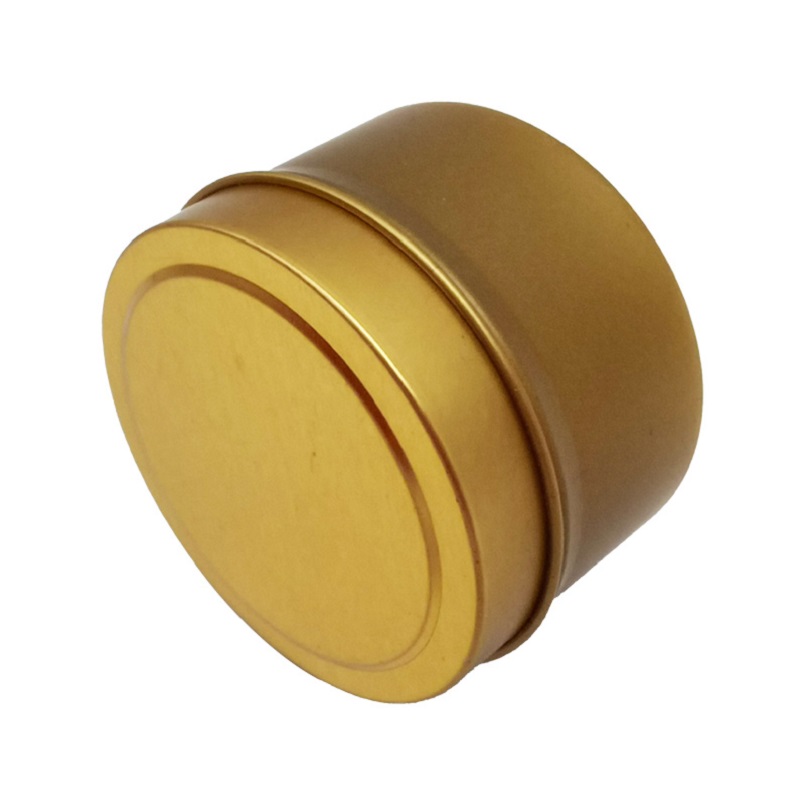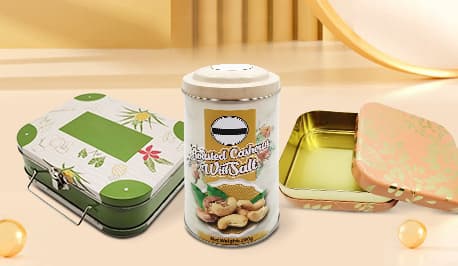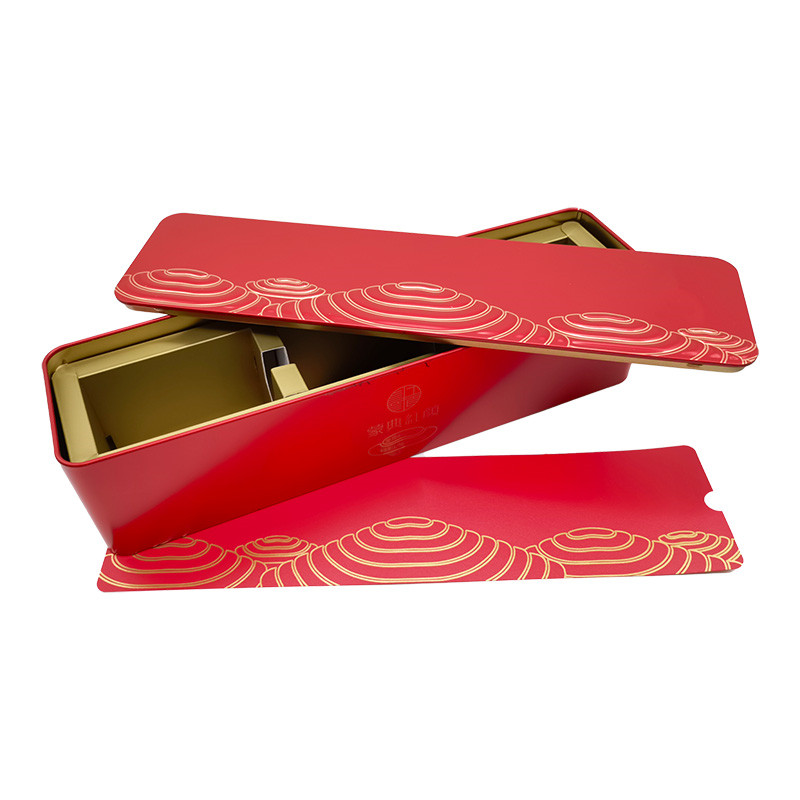Tin box factory is a manufacturing facility dedicated to the production of tin boxes. These factories specialize in the design, fabrication, and mass production of tin containers, which can be used for packaging various products.
The features of a tin box factory encompass various aspects of its operations, capabilities, and services. Here are key features that define a typical tin box factory:
Design Expertise:
Manufacturing Capabilities:
Customization Services:
Material Sourcing:
Quality Control Measures:
Bulk Production Capacity:
Innovation and Technology:
Compliance with Standards:
Client Communication:
Packaging and Shipping:
Environmental Considerations:
Experience and Reputation:
Versatility:
Customer Support:
These features collectively contribute to the overall capabilities and reputation of a tin box factory, making it a reliable partner for businesses seeking high-quality and customized tin packaging solutions.

1. Design and Prototyping:Tin box factories often have design teams that create prototypes and artwork for tin boxes. This includes considering the shape, size, and design elements based on client requirements.2. Material Sourcing:Tin box factories source raw materials, primarily tinplate, a thin steel sheet coated with a layer of tin. This material is essential for crafting durable and corrosion-resistant tin boxes.3. Manufacturing Process:Using advanced manufacturing processes, such as stamping, cutting, and shaping, the factory transforms the tinplate into the desired tin box shapes and sizes. Various techniques like lithography, embossing, and printing may also be employed to add designs and branding. | 4. Customization:Many tin box factories offer customization services. Clients can choose specific designs, colors, and branding elements to create unique and personalized tin boxes that align with their product identity.5. Quality Control:Quality control measures are implemented throughout the manufacturing process to ensure that the tin boxes meet industry standards. This involves checking for durability, proper sealing, and adherence to design specifications.6. Bulk Production:Tin box factories are equipped for bulk production, enabling them to fulfill large orders efficiently. This is crucial for clients who require a substantial quantity of tin boxes for their products. |
7. Packaging and Shipping:Once the tin boxes are manufactured and quality-checked, they are packaged securely for shipping. Factories may coordinate with logistics partners to ensure timely and safe delivery to clients.8. Innovation and Technology:Leading tin box factories invest in innovation and technology to stay competitive. This includes adopting advanced machinery and techniques to enhance the efficiency and quality of tin box production.9. Compliance and Regulations:Reputable tin box factories adhere to industry regulations and standards. They may ensure that their products meet food safety requirements if the tin boxes are intended for packaging food products.10. Client Communication:Factories maintain communication with clients throughout the process, discussing design concepts, confirming specifications, and providing updates on production timelines.Choosing a reliable and experienced tin box factory is crucial for businesses that require high-quality, customized tin packaging for their products. It ensures that the end products not only meet aesthetic and branding requirements but also comply with industry standards for durability and safety. | |

The advantages of a tin box factory lie in its capabilities, expertise, and the unique features it brings to the production of tin boxes. Here are key advantages of choosing a reputable tin box factory:
Expertise and Experience:
Customization Options:
Quality Control:
Innovation and Technology:
Efficient Bulk Production:
Diverse Product Range:
Versatility in Applications:
Materials Expertise:
Client Communication and Support:
Reliability and Reputation:
Sustainability Considerations:
Cost-Effectiveness:
Aesthetic Appeal:
Tailored Solutions:
Choosing a tin box factory with these advantages ensures a collaborative and reliable partnership, delivering customized, high-quality tin boxes that meet or exceed client expectations.
The history of tin box manufacturing can be traced back to the 19th century when tinplate, a thin steel sheet coated with tin, gained popularity for its corrosion-resistant properties. Over the years, the industry has evolved with advancements in technology and design. Early tin boxes were simple and utilitarian, but as manufacturing capabilities improved, they became more ornate and diverse in terms of shapes and sizes. Today, tin box factories leverage modern production techniques and materials to create a wide range of tin boxes for various industries.

The future of tin box factories is likely to involve a continued focus on sustainability and innovation. As environmental concerns become more prominent, tin box factories may explore eco-friendly materials and manufacturing processes. Additionally, advancements in digital printing and design technologies may offer new possibilities for intricate and customizable tin box designs. Collaboration with other industries, such as technology and retail, may also shape the future of tin box manufacturing.
References and Reviews: Check client references and online reviews to gauge the satisfaction of previous customers.
Efficiency: Capability for bulk production and timely delivery.
Versatility: Suitable for various industries, including food, gifts, cosmetics, and promotions.
Factory: Directly involved in the manufacturing process, controlling design and production.
Supplier: Typically sources and sells pre-manufactured tin boxes, focusing on distribution.
Customization: Factories offer more customization options, while suppliers provide ready-made options.
Quality Control: Factories have direct oversight, ensuring better control over product quality.
Innovation: Factories often invest in innovation and design capabilities.
Choosing a reputable tin box factory ensures not only the production of high-quality tin boxes but also a collaborative partnership that aligns with your unique packaging requirements and branding goals.